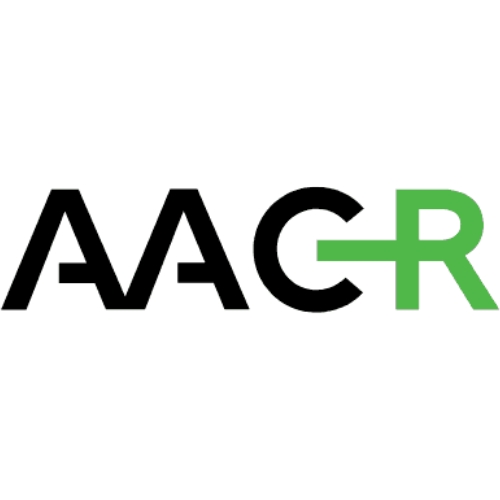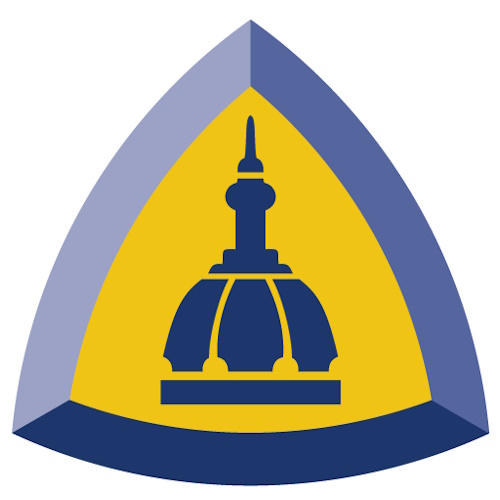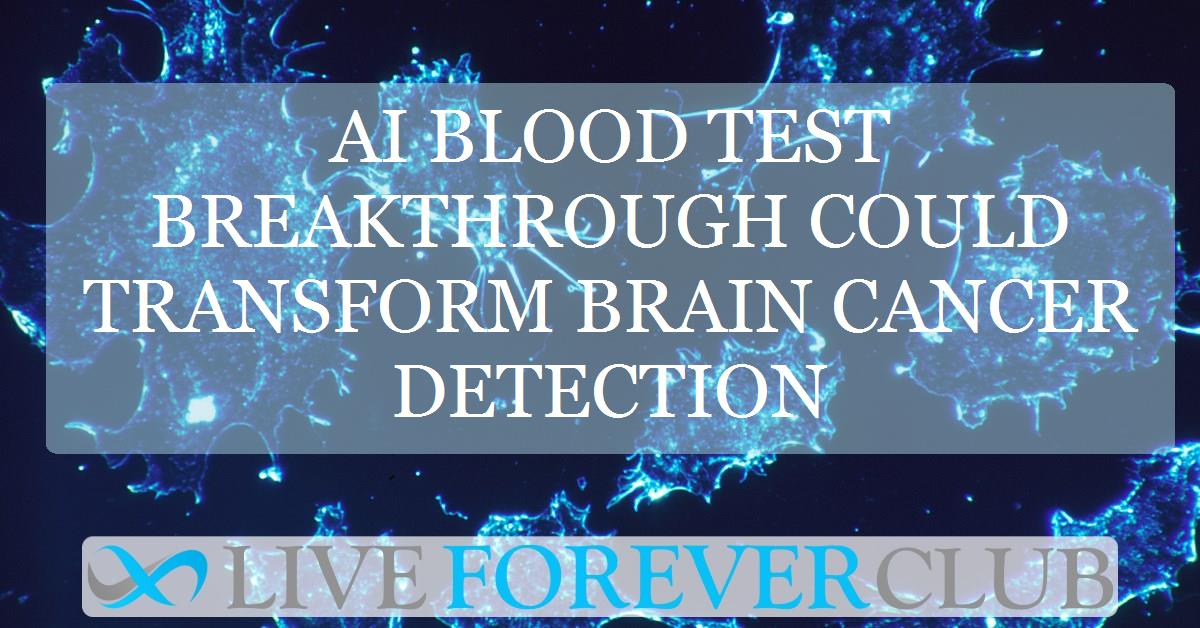Key points from article :
A new artificial intelligence–powered blood test developed at the Johns Hopkins Kimmel Cancer Center could dramatically improve early detection of brain cancer. Reported in the journal Cancer Discovery on April 29, the study was led by Dr. Dimitrios Mathios and senior author Dr. Victor E. Velculescu. The approach uses a “next-generation” liquid biopsy that analyses circulating DNA fragments in blood to detect brain tumours—an innovation that may overcome the long-standing challenge posed by the brain’s protective blood-brain barrier.
Traditional blood tests have struggled to identify brain cancer because tumour-related biomarkers rarely cross into the bloodstream. This new technique, however, uses machine learning to spot two key signals: DNA fragmentation patterns specific to brain tumours and immune cell changes associated with the disease. Remarkably, the method detected brain cancer in around 75% of 505 patients tested across the U.S. and South Korea, with confirmation in an additional cohort from Poland—far outperforming earlier tests that detected fewer than 10% of cases.
The researchers also simulated how this test might work in real-world healthcare. If applied to the estimated 10 million patients who visit clinics annually with headaches, the liquid biopsy could help detect nearly 1,700 more brain cancer cases than current protocols that rely solely on imaging when symptoms raise concern.
Looking ahead, the team plans a larger clinical trial to validate the findings. If successful, this test could become a powerful tool for early intervention, ultimately improving outcomes for patients with brain cancer. The study received support from the NIH and several foundations, and some researchers involved hold patents or equity interests in DELFI Diagnostics, a company aiming to commercialize the technology.







